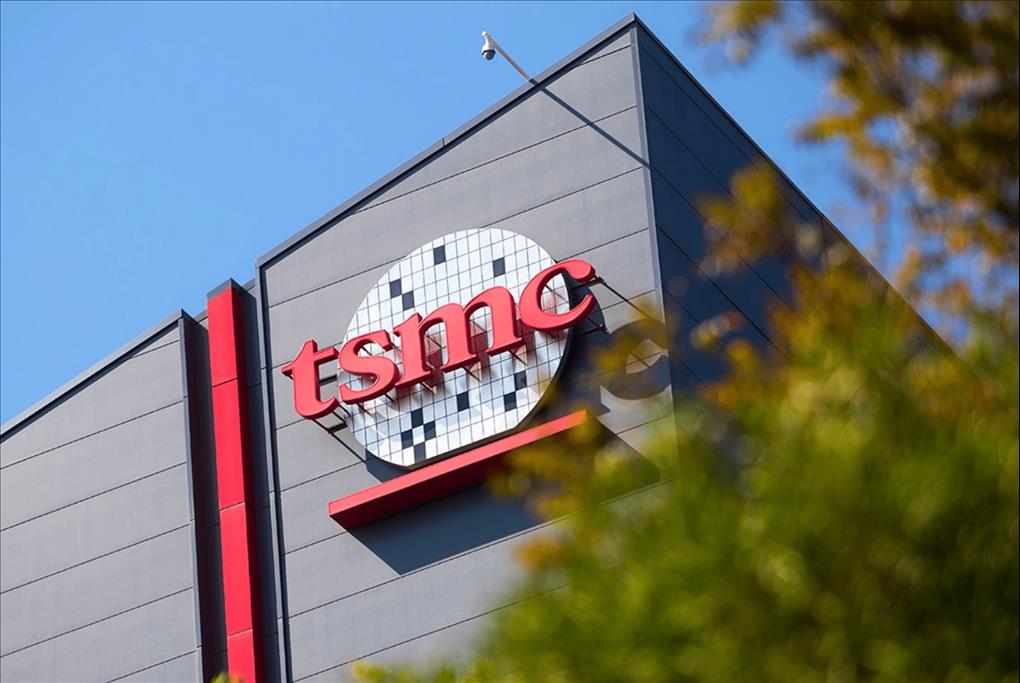
Lithuania gambles big on laser tech with Taiwan
(MENAFN- Asia Times) You probably didn't know this, but the small nation of Lithuania is a big player when it comes to advanced laser technology.
In fact, 80% of the country's laser production is exported to the international market, with an annual turnover of €20 million.
And when it comes to pico-second laser spectrometers, Lithuania accounts for half of the global market, making it a global leader.
But the Baltic state, known for its landscapes, flatlands, abundant forests, lakes and sandy beaches, is seeking to boost its export by further integrating into international laser applications value chains — and that is going to cause friction in Beijing.
That is because it wants to decrease its economic dependence on China and deepen diplomatic ties with Taiwan, agreeing to mutually set up representative offices, according to a report in TechTaiwan online.
Currently, a Taiwanese delegation of government officials and business leaders is heading to Lithuania to explore new avenues of cooperation.
Previously, Lithuania's trade with Taiwan was very limited, according to the Baltic country's Ministry of Foreign Affairs: as of 2020, Taiwan only accounts for 1.6% of Lithuania's laser export.
Meanwhile, China, the United States and Germany are the three largest markets for Lithuania's laser industry, respectively holding 31.6%, 15.8%, and 12.6% of its export market, the report said.
The country's laser sector began 30 years ago, initially focusing on scientific research.
With the help of private initiatives, Lithuania's strong scientific research in laser eventually gained a foothold in the industrial laser market.
Lithuania's leading position in the laser industry has made it increasingly strategic, as laser has become ever more integral to the coming revolution in telecommunications and manufacturing.
However, the warming ties between Taiwan and Lithuania might change the dynamics, especially when Taiwan's semiconductor industry seeks a larger role in photonics, satellites and the automotive sector, all of which depend on advanced laser technology, the report said.
Augustinas Vizbaras, a founder of Brolis Semiconductors, one of Lithuania's leading semiconductor and photonics company, commented that Lithuania's small internal market had long driven companies to look for external markets, and partnerships with Taiwan would be welcomed if they could expand Lithuania's customer base in Taiwan or lead to more global opportunities.
Brolis Semiconductors especially recognizes a cooperation opportunity in silicon photonics, its area of specialization: as the Taiwanese semiconductor industry begins to focus on designing silicon photonics, the integration of laser source with silicon-based manufacturing has become a major obstacle, given their incompatibility.
While advanced packaging can bring about such integration, it requires a level of precision that Taiwan has yet to achieve.
Overall, Taiwan currently faces a dilemma in which its chip packaging industry is inexperienced with photonics, while its photonics packaging industry is unfamiliar with semiconductors.
Even the Taiwan Semiconductor Manufacturing Company (TSMC), the leader of Taiwan's chip industry, has stepped up its game when it comes to silicon photonics.
But despite TSMC's multiple advantages over Intel, silicon photonics (SiP) is not one of them: in fact, Intel is widely considered a pioneer in silicon photonics, and has been experimenting with it as early as 2006.
In 2016, Intel's current CEO Pat Gelsinger, then the company's vice president, declared:
“Today, optics is a niche technology … tomorrow, it's the mainstream of every chip that we build.”
It is patently evident that SiP has become the expected next revolution in computing.
Computer chips will soon communicate literally at the speed-of-light and with bandwidth and data capacities that are beyond what our imaginations dreamed of a decade ago.
The leader in these developments will reap enormous benefits.
Apart from semiconductors, laser technology can also be used in Taiwan's budding automotive and satellite industries.
Dr. Jong-Shinn Wu, the director of Taiwan's National Space Organization (NSPO), has indicated that laser solutions represent one of the areas where Taiwan needs international cooperation.
Wu's ambitious plans for NSPO include designing and manufacturing its own satellites and rockets. Up until now, Taiwan has launched several satellites such as CubeSats and Small satellites, named Formosa I through VII, aboard other countries' space vehicles such as SpaceX rockets in the United States.
A distinguished professor of mechanical engineering at National Yang Ming Chiao Tung University, Wu also aims to double NSPO's workforce to 600 employees by 2028, while growing its annual US$100 million budget.
“I'll be a decision-maker, following the top priorities of our government,” Wu said.“It's a complicated job and quite different from pure research.”
Lithuanian laser companies such as Lidaris and Optolita are all actively engaged with the European Space Agency.
Sources: TechTaiwan, VEO.com

Legal Disclaimer:
MENAFN provides the
information “as is” without warranty of any kind. We do not accept
any responsibility or liability for the accuracy, content, images,
videos, licenses, completeness, legality, or reliability of the information
contained in this article. If you have any complaints or copyright
issues related to this article, kindly contact the provider above.


















Comments
No comment